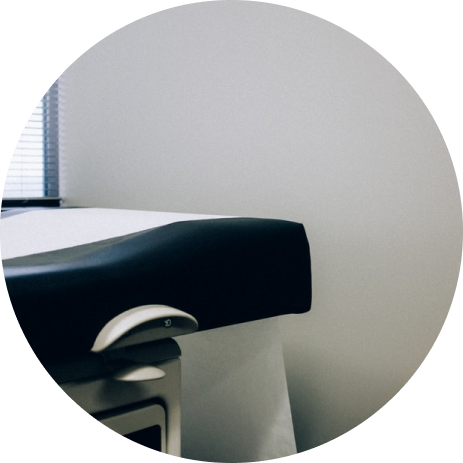What is ICSI?
Intracytoplasmic Sperm Injection or “ICSI”, can be used to overcome a number of male fertility problems, such as a low sperm count or where sperm are unable to penetrate the egg due to poor motility or morphology. As the name suggests, the sperm is injected directly into the cytoplasm of the mature egg to achieve fertilisation.
ICSI is an extra bulk billed service available within the course of your IVF treatment if traditional IVF insemination methods are unlikely to work.

How does it work?
01
Sperm Retrieval
ICSI treatment begins with sperm retrieval. Most males will provide a fresh semen sample on the day of egg collection. If the sperm needs to be retrieved surgically by testicular sperm aspiration (TESA) or open biopsy, this will be performed on the same day as egg collection.

02
Monitoring Egg Fertilisation
The day following egg collection, your Adora fertility specialist will check to see if fertilisation was successful and if so, how many eggs have been fertilised.
You will be informed of how many eggs have been successfully fertilised. The progress of these embryos will be monitored over the following days, leading to an embryo transfer or freezing.

03
Embryo Transfer
To maximise the chances of an embryo implanting for a successful pregnancy, you will be provided with medications to support the lining of the uterus. The embryo transfer happens at the laboratory in the procedure room. Most women say this is no more uncomfortable than a pap smear.

Reasons for ICSI
ICSI treatment may be required for a number of reasons, including:
- Low sperm numbers (oligospermia)
- Low sperm motility (asthenozoospermia)
- High numbers of abnormal sperm (teratozoospermia)
- Elevated level of antibodies in the sperm sample
- When previous fertilisation has failed to be achieved with IVF
- Infection control for communicable diseases found in semen
